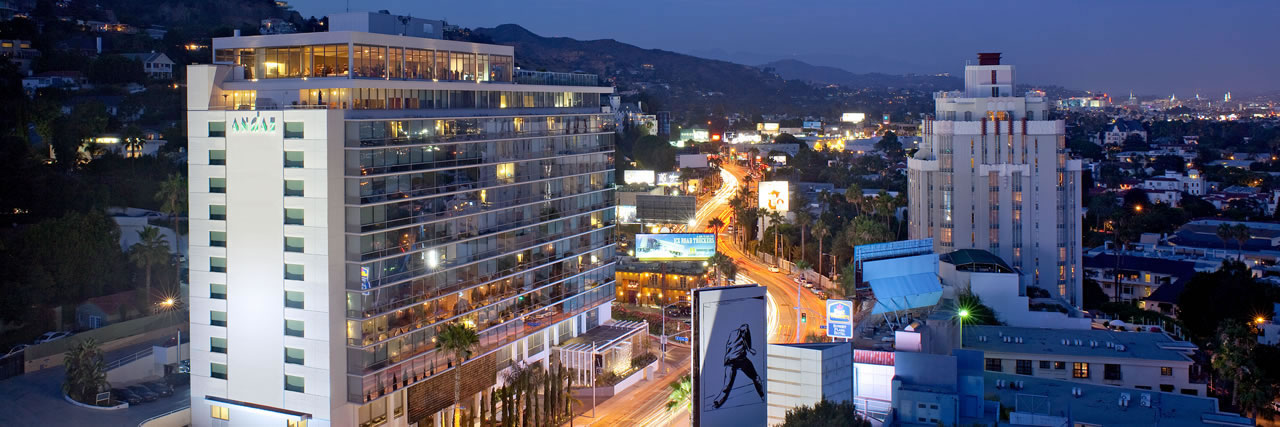24 Jul "Riders on the storm; The Doors' turbulent times captured on 'Live in Boston 1970'."
The Boston Herald
July 24, 2007
By Dave Wedge
A little more than a year after Jim Morrison’s arrest for indecent exposure at a Miami concert, his band the Doors returned to action by kicking off a tour in Boston with a pair of shows on April 10, 1970.
Now you can hear Morrison and company for yourself. “The Doors Live in Boston 1970” arrives in stores today showcasing the Los Angeles band in all its raw, chaotic glory.
“We had been censored all across America,” Doors keyboardist Ray Manzarek recalled from his California home. “After Miami, we were not allowed to play any municipal facility in virtually any city in America, except Boston. And I’ve always loved Boston ever since.”
The three-disc set includes both shows at the Boston Arena (now Northeastern University’s Matthews Arena). According to Doors guitarist Robby Krieger, the singer was “wasted.”
“He was very nervous about (the trial) and I’m sure those shows were a good release to get away from all that,” Krieger said. “But what’s funny to me is he’ll be almost incoherent and then all of a sudden he’s right on, like he’s never had a drink in his life. You never knew which Jim was going to show up.”
The uncut recordings capture Morrison bantering with the crowd and unleashing anti-establishment raps. He tells an overzealous female fan to “shut up” and later bellows, “Adolf Hitler is alive. I slept with her last night.”
During a 14-minute version of “When the Music’s Over,” Morrison tells the crowd to “just call me Jimbo” before letting out a chilling scream as the band explodes in a psychedelic blues rock frenzy. Manzarek says it was the first time Morrison asked an audience to call him Jimbo, a moniker he says represented the singer’s tortured side.
“That’s the strange, dark, evil creature that would occasionally take over Jim Morrison coming out of the bottle,” Manzarek said. “When Jim’s out of control, you never knew what was going to happen. That made for the danger and the excitement. But it also tugged at my heart because I could see him up there in a way dying. But I wasn’t aware that the end was that near.”
Boston police showed restraint by allowing the band to play despite Morrison dropping F-bombs and teasing, “Who wants to see my genitals?” But the plug was finally pulled on the antagonistic Morrison after “Been Down So Long.” The abrupt end touches off nine uncensored minutes of chaos and cursing from the angry crowd. Because of Morrison’s Boston antics, a scheduled show in Salt Lake City was canceled.
“This was a test date for Salt Lake City, which was a concert I was promoting, and Jim failed,” longtime Doors promoter Rich Linnell said.
“We were being watched very carefully,” Doors manager Bill Siddons recalled, “because the Doors were essentially being persecuted around the country. Literally, America was worried that Jim was going to corrupt their children. For some reason, Boston was not scared by Jim.”
Less than a year after the Boston shows, Morrison moved to Paris, where he died on July 3, 1971, allegedly from an overdose of heroin.
Manzarek says the Boston shows are a snapshot of the band at the apex of its turbulent ride.
“The whole point of the ’60s was to push the envelope. Let’s finally be free. And that’s what a Doors concert was all about,” he said. “We said to Boston, ‘Join us, let’s be free.’ And Boston said, ‘We’re with you all the way.’ “

